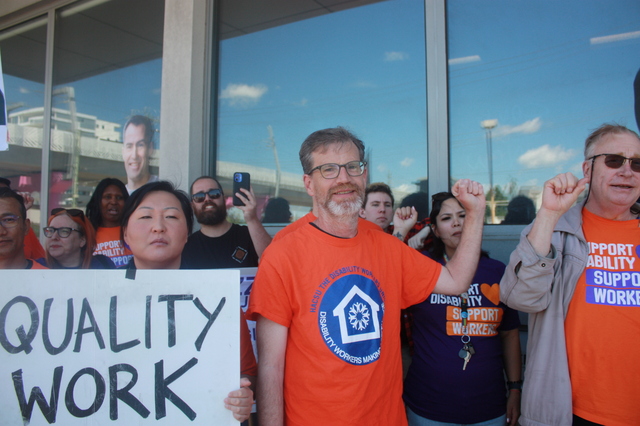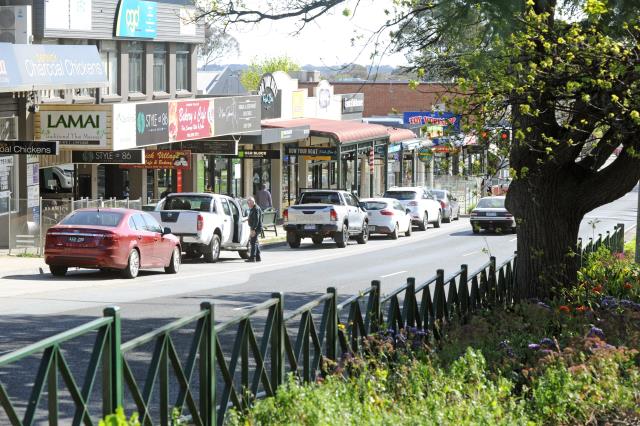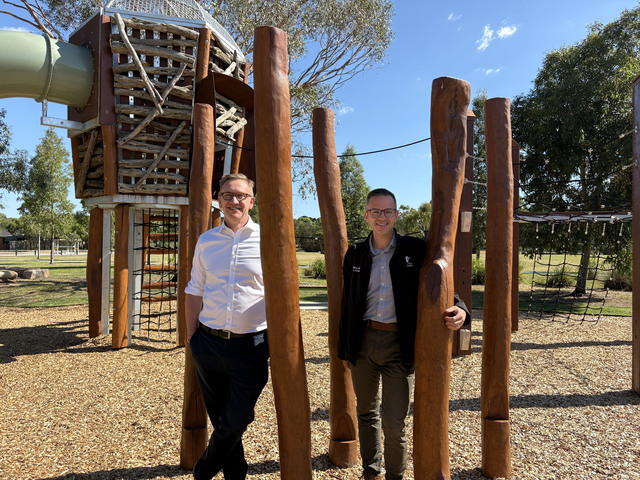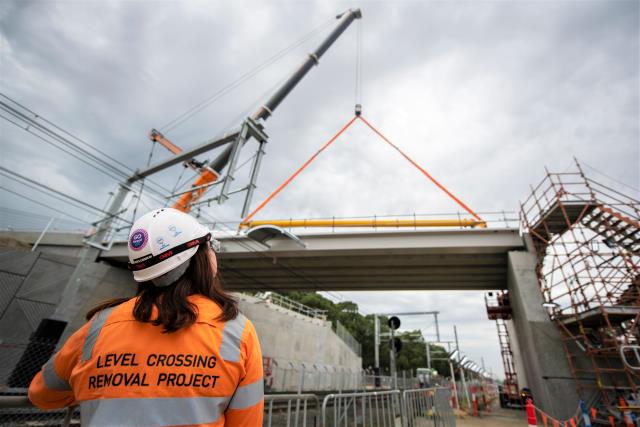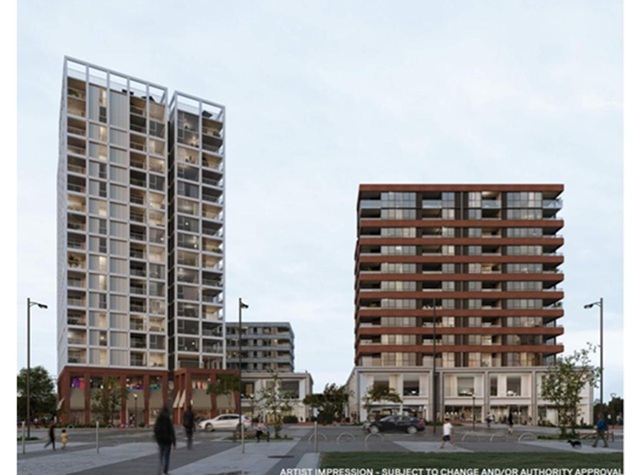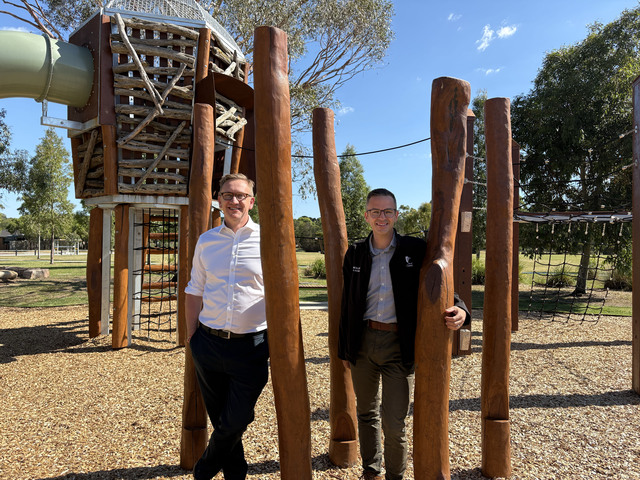Thousands of people with complex disabilities are at risk of eviction from group homes that may close due to a looming funding crisis, say workers.
As of 31 December, an eight-year, $2.1 billion state government wage subsidy to Supported Independent Living (SIL) home providers in the private sector comes to an end.
The subsidy covered a shortfall between federal NDIS funding and the Disability Services Enterprise Agreement Victoria.
With its imminent end, about 580 group homes were at jeopardy, and 4900 residents and families were at risk of eviction and losing their support workers, according to Health & Community Services Union.
Thirty group homes in Greater Dandenong, Casey and Cardinia Shire were reportedly at risk.
The change also spells a 33 per cent pay cut for disability-support workers such as ‘Chris’, who has worked at a Noble Park group home for 18 years.
It would force workers to consider moving to other care sectors such as mental health and aged care, he says.
“I’m just wondering where I would go. I could step into another position but I don’t want to betray the work that I’ve done here.
“Will I have to work two jobs? With the difficult hours we do (including night shifts), it will break people.
“We’ve got 55 days to get enough money to keep paying us properly.
“It’s a bit of a crisis.”
Also gone would be a “gold standard” of staffing ratios and mandatory training, according to the HACSU.
Chris says he’s worried it will water down the two support workers with a house supervisor required to care 24/7 for residents with profound disabilities.
“The NDIS isn’t enough to support the things we need to have proper supervision and care.”
In 2019, government-operated SIL accommodation was transferred to private providers Scope, Melba Suppot Services, Aruma, Life Without Barriers and Possability.
Not-for-profit provider Scope stated that inadequate NDIS plans and “real and problematic” pricing gaps had contributed to closures.
“Most urgently, there are participants in supported independent living arrangements whose plans do not adequately fund the critical supports they require.
“This shortfall has had a direct impact on some providers being able to continue to offer services under the current arrangements.”
There was still demand for shared living but people were also choosing other options, Scope stated.
“These emerging options, disability housing standards, and people’s preferences sometimes mean an existing house no longer meets the needs of people.”
In 2025, Scope has closed 10 SIL homes in NSW and Victoria but also partnered with Specialist Disability Accommodation (SDA) providers to open 13 new homes for 28 people living with SIL support.
It stated it plans to open 26 further homes with 73 places over the next 18 months.
“We want to reassure everyone in the Scope community that no person living in Scope SIL accommodation will be left without a place to live on 1 January.
“Our focus remains on supporting people to live well, with the right supports, in a home that works for them, now and into the future.”
HACSU has met with Federal and State MPs, as well as staged rallies, to shore up funding for “quality care” in disability group-homes.
South Eastern Metropolitan MP Rachel Payne called for the State Government to extend the wage subsidy.
“I have a member of my staff who has a child with a disability. It took this child 18 months to adjust to the presence of a support worker in her own home.
“Imagine that child as an adult facing the possibility of losing their home and their supports.”
Payne said the state’s “centre-left female Premier” should make the issue an “absolute priority”.
“The disability sector is a female-dominated workforce and carers are overwhelmingly older women.
“If not this government, then who? Honestly, sometimes I wonder what on earth we are all doing.”
The State Government argues that SIL support is funded by NDIS and the responsibility of the Federal Government.
A State Government spokesperson said it was advocating for the Commonwealth to adequately fund NDIS plans to “provide the supports that NDIS participants need”.
“Funding decisions such as Supported Independent Living services for NDIS participants are the responsibility of National Disability Insurance Agency.”
Providers were also negotiating a new Enterprise Bargaining Agreement, according to the Government.
An NDIA spokesperson said the agency was working closely with SIL providers to ensure participants continued to receive the required supports.
“The NDIA has processes in place to manage participant safety if their providers cease services, particularly for participants in supported living.
“If required, specialist NDIA teams can help affected participants transfer to new SIL and Specialist Disability Accommodation (SDA) providers.”

